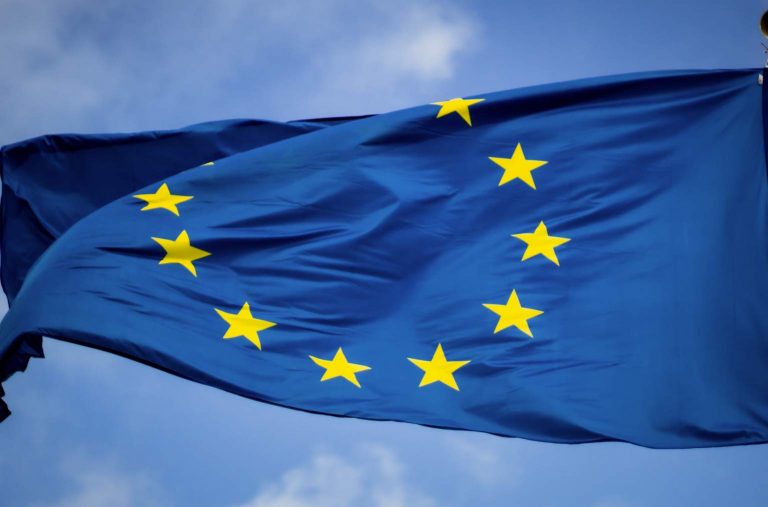
Morning Brief – Battle of the Bank Holidays
With the inevitable volatility that month-end trading brings to foreign exchange markets, the distribution of bank holidays this week could hypothetically lead to a relatively illiquid environment where small headlines could create big moves. Yesterday, the US had its bank holiday to mark Memorial Day. On Thursday and Friday this week, the UK will observe two bank holidays with the additional day to mark the Queen’s Platinum Jubilee. US and UK market participants will not be offline at the same time therefore, but with the two leviathans of forex trading observing respective holidays this week, trading conditions could be impacted.
Yesterday markets held a relative calm enjoying the rebound in stocks last week and a positive Asian session leading into European and US trading sessions. With markets continuing to digest the challenging inflation and interest rate outlook, the correction in risk assets was sustained. There were however two opposing risks within the Eurozone that continued to evolve and deserve close monitoring. As is commonplace in the current trading environment these boiled down to geopolitics versus monetary policy.
Contrary to many calls from the European Central Bank, notably from the Bundesbank and even the ECB President herself, the heavy-hitting Chief Economist Philip Lane yesterday dampened expectations that the ECB could deliver interest rate hikes 50-basis points at a time. The true relationship between inflation, interest rates and currencies has broken down slightly with data-misses only continuing to hold a steady and predictable impact upon volatility rather than value.
Yesterday, German inflation was read at 7.9% for May versus a figure of 7.4% for April and an expectation for a slightly less expansionary 7.6% for this past month. The net impact on the Euro was for a slight appreciation despite concerns surrounding stagflation. Markets will also be watching the unemployment data due in Germany this morning and Eurozone inflation due to be published later today. Eurozone May CPI inflation is expected to come in at 8% year-on-year.
On the geopolitical front, EU leaders yesterday pushed ahead with a decision to block Russian oil imports into the European economic bloc. Having offered a concession pursued by Hungary to allow land-locked nations access to oil by pipeline still, the impact of geopolitics on the Euro and other currencies looks set to continue to grow. The move aimed to harm Russia economically for its actions in Ukraine will also come at a cost to the EU of higher-still inflation and jeopardise European growth prospects. Traders will be watching how the Euro digests inflation data, the evolving stance of the ECB and the threat to growth that EU-level Russian sanctions will bring.
Discussion and Analysis by Charles Porter

Click Here to Subscribe to the SGM-FX Newsletter
Related Insights

Daily Brief – Sterling
Sterling No sooner had the financial press written that Sterling was on the skids due to the Chancellor being on the way out, than PM Starmer woke up to the need for some TLC for his beleaguered Chancellor and executed a handbrake turn to administer some gruesome bedside cheer to the apparently on life support […]

Daily Brief – EU Inflation
EU Inflation With the ECB annual symposium meeting in sunny Sintra, Portugal, inflation is very much on President Lagarde’s mind ; that is because it is showing signs of rising with the monthly inflation rate showing an increase of 0.3% and that presages a break above the target 2% rate just as she and her colleagues […]

Daily Brief – Gold
Gold With Gold accounting for the second highest proportion of Central Bank reserves after the USD and the mood music shifting to it assuming a greater influence on future reserves management, it is worth looking at the numbers behind that. In the 1960s, Central Banks held the highest amount historically of 38,000 tons of gold. […]



 Humphrey Percy
Humphrey Percy